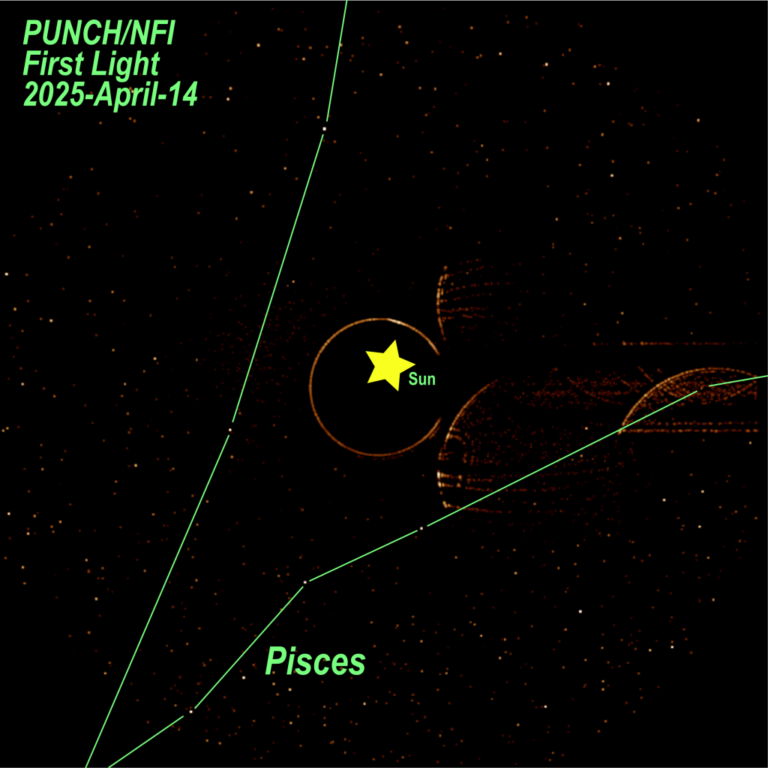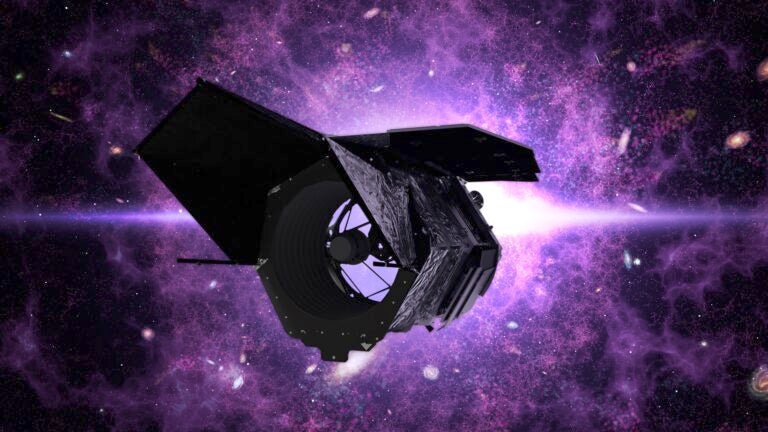The United States has held a virtual monopoly on the search for life on Mars since 1976, when the Viking landers touched down. That will change in 2013, when the European Space Agency (ESA) launches its first major planetary surface mission to the Red Planet: ExoMars.
If all goes according to plan, ExoMars will land a rover near the martian equator in 2015. The six-wheeled robotic vehicle will analyze soil for traces of past or present life. ExoMars’ other scientific goals are to measure the water and geochemistry of soil just beneath the martian surface, identify potential surface hazards to future human explorers, and investigate the planet’s deep interior to better understand the evolution and habitability of Mars.









